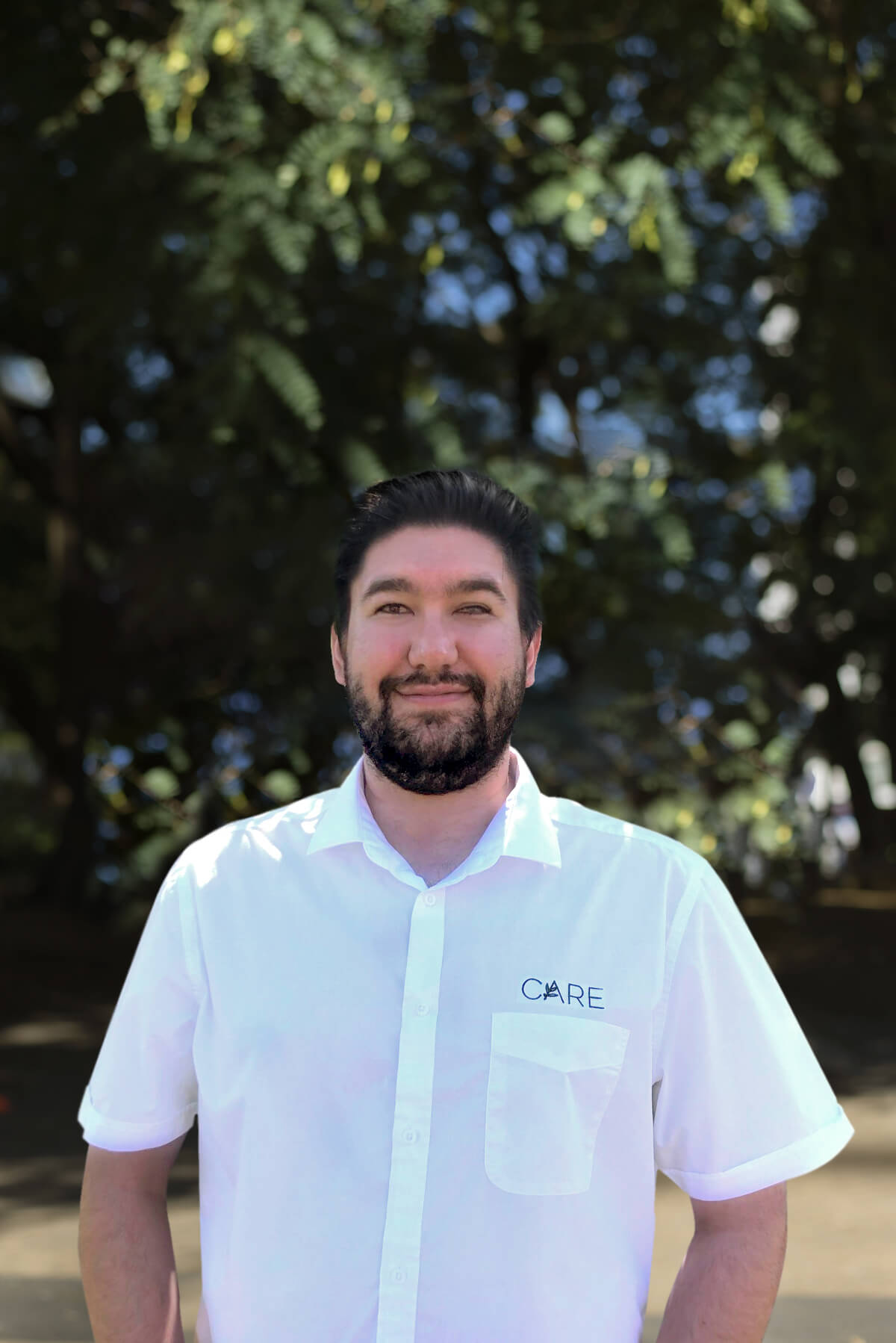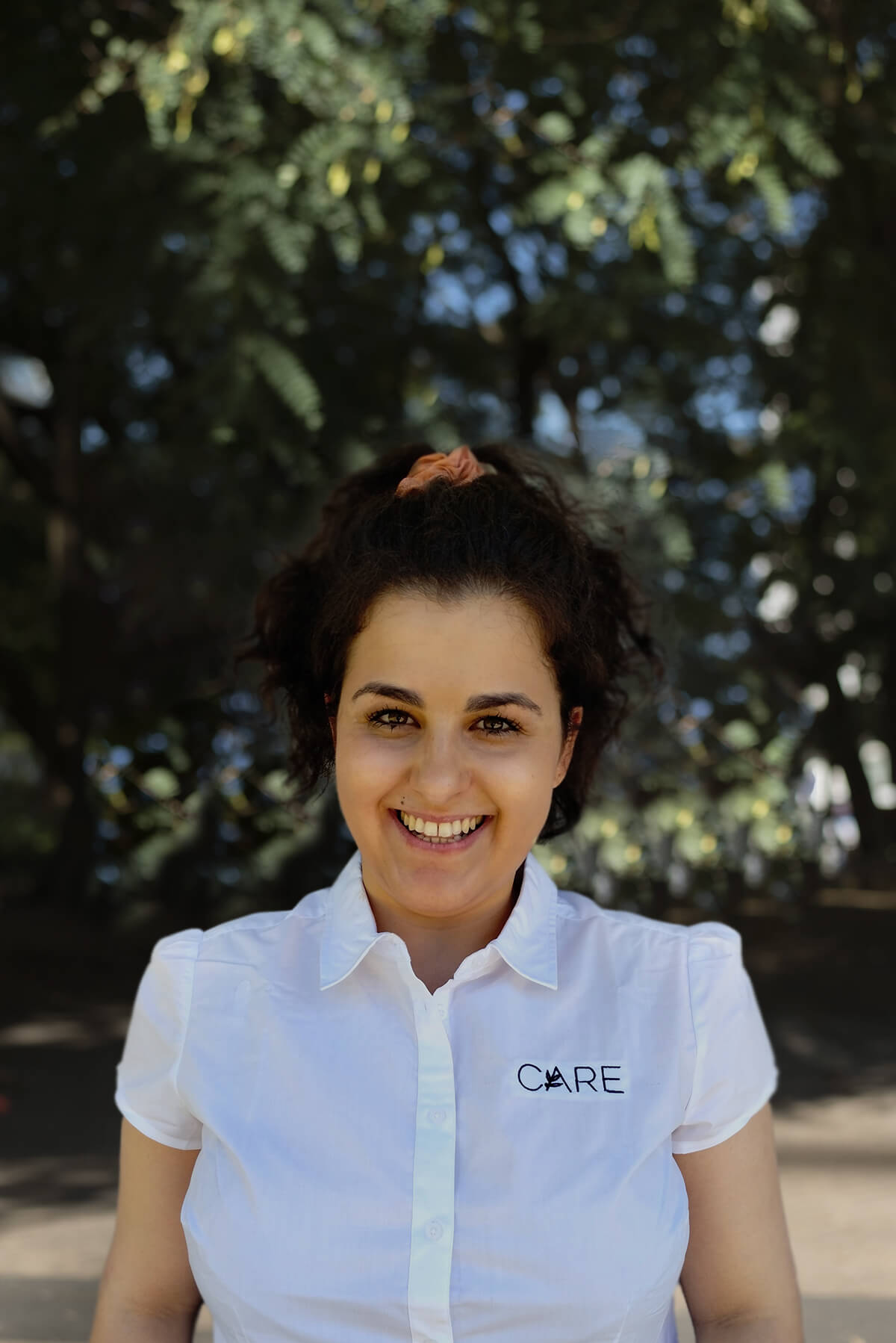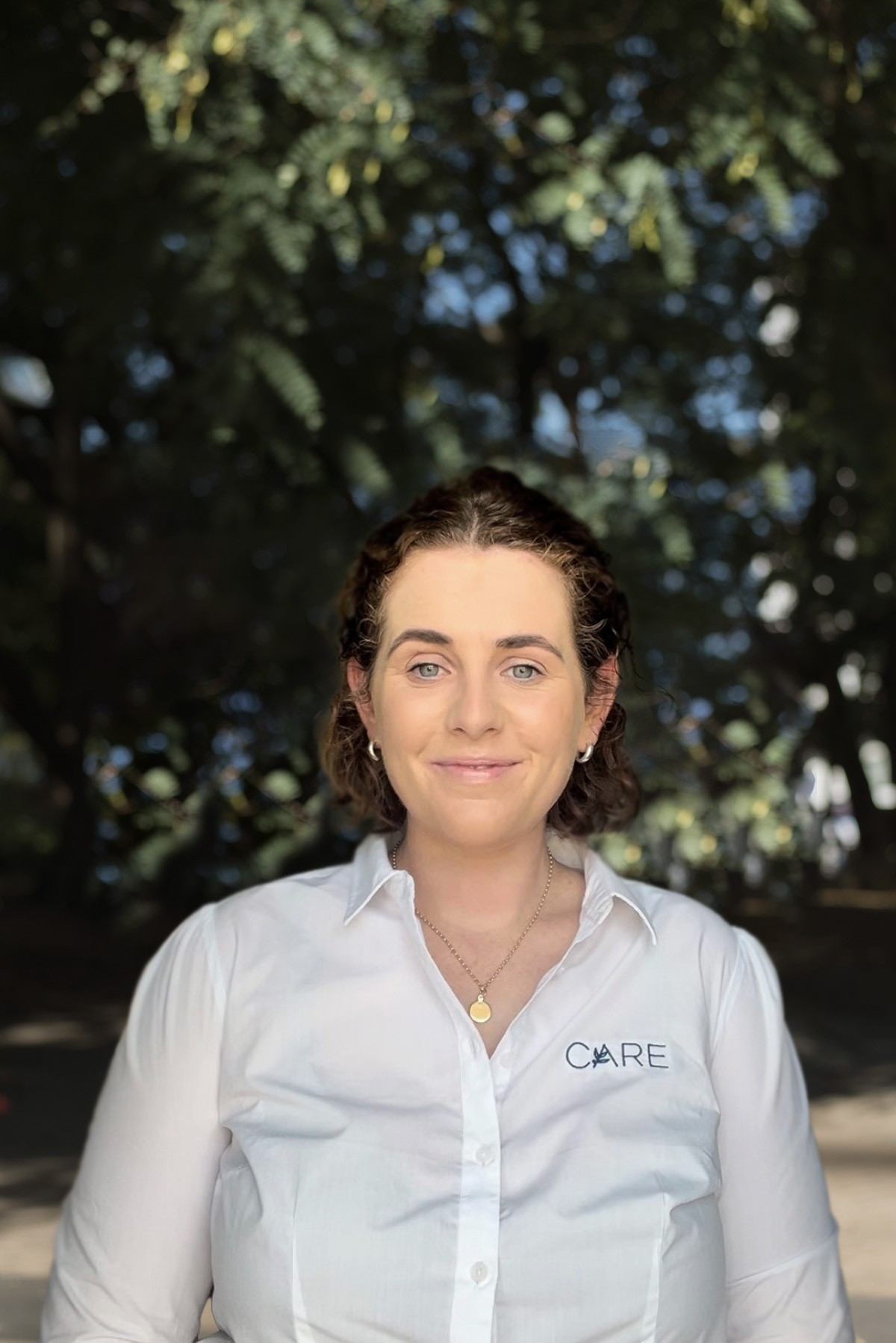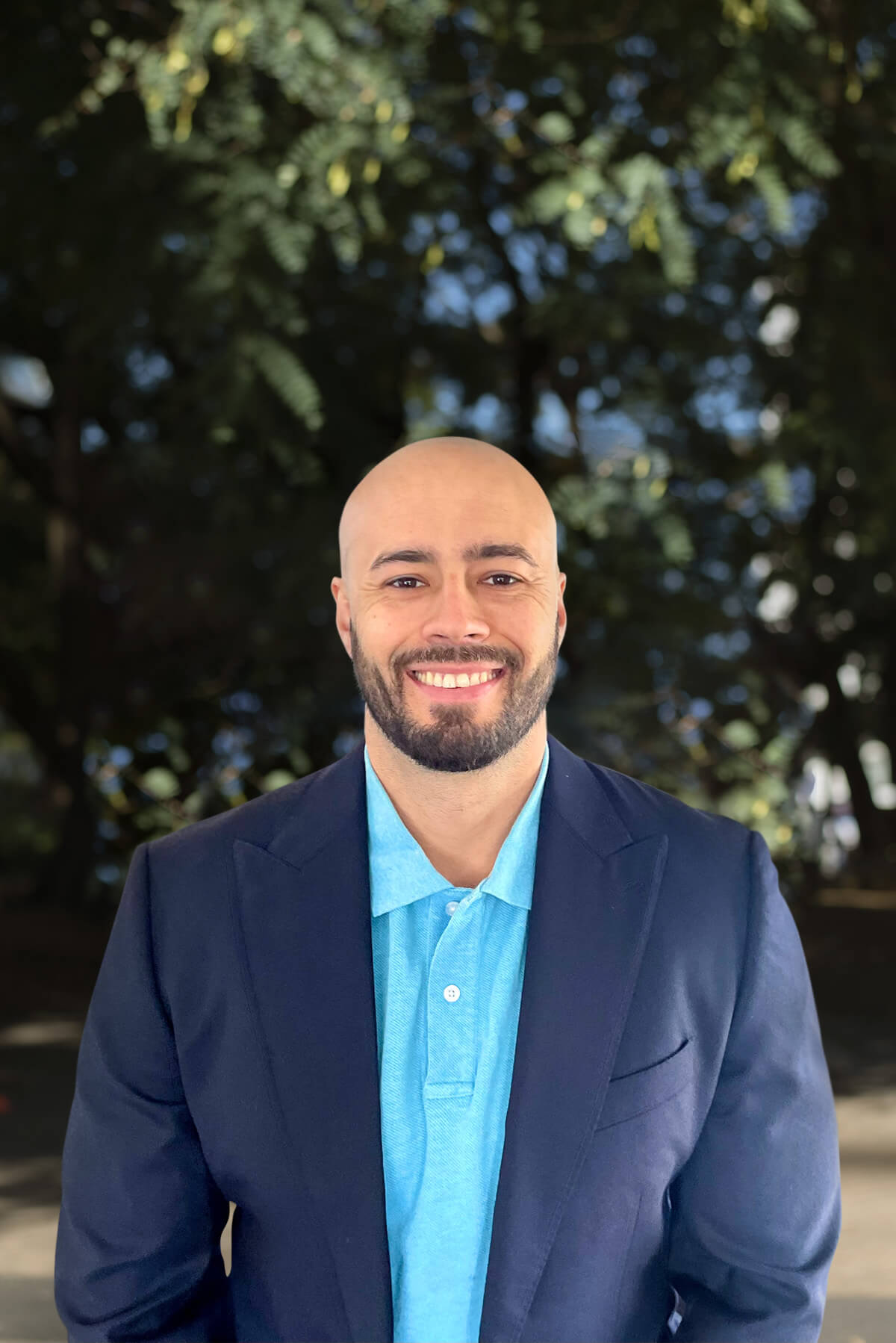Care Speech Pathology
Dysgraphia (Specific Learning Disorder)
Most people have heard of dyslexia (difficulty with reading) but not many people have heard of its twin sister, dysgraphia (difficulty with writing).
Technically speaking, dysgraphia is one of three different types of Specific Learning Disorder (SLD). Dysgraphia is also often referred to as ‘Specific Learning Disorder with impairment in written expression’.
It is estimated that dysgraphia affects somewhere between 5 and 20% of people. However, many people have never heard of dysgraphia. If your child is diagnosed with dysgraphia, it is important to know you are not alone. Families around the country are supporting a child with dysgraphia every day. The good news is, speech pathologists in Australia are specially trained to improve children’s ability to use written language, by using evidence-based intervention.

At Care Speech Pathology, we know how to help.
You have probably noticed some signs if your child has dysgraphia. These might include some or several of the following:
Difficulty with spelling
Difficulty planning what to write
Difficulty drafting and organising writing
Difficulty editing writing
Difficulty forming letters
Leaving out words while writing
Difficulty constructing grammatically correct sentences
Difficulty with handwriting
Limited range of words in written work
Reluctance to write
Rushed writing efforts

What is Dysgraphia?
Dysgraphia a disorder of written expression that impacts writing and the ability to express thoughts coherently in written form. Difficulties may be with language or spelling-based aspects of written expression.
Impaired handwriting can interfere with learning to spell words when writing. Children with dysgraphia may have only impaired handwriting, only impaired spelling, or both. This means they may have difficulty with planning sequential finger movements required for writing and/or difficulty storing written words in working memory while they examine the letters and/or difficulty creating permanent memory of written words and connecting these to meaning and pronunciation.
How can we help children with dysgraphia?
At Care Speech Pathology, our therapists play a crucial role in the assessment and treatment of dysgraphia.
Step
We will start by completing a comprehensive assessment to evaluate your child’s written language skills. We will generally gather information about their developmental history, ask them to complete spelling and writing assessments, observe their writing in real-time and gain a sample of their written language from a schoolbook.
Language assessments may also be conducted to evaluate language skills including vocabulary, grammar, sentence structure and verbal expression. As dysgraphia can be associated with underlying language difficulties, assessing language abilities can provide a more comprehensive understanding of the individual's writing challenges to identify if they have difficulties understanding language as well.
Step
Intervention may include strategies to assist organisation of thoughts (such as graphic organisers and chunking writing into steps), spelling and language skill development including sentence structure, paragraph organization, vocabulary development, and grammar. If your child has trouble with spelling, we may employ an intensive, evidence-based literacy intervention program designed to teach spelling foundations from the ground up (importantly, this will be gradual, tailored, and more in-depth than children are taught to spell at school). Of course, we will also provide regular homework, monitor for progress and always adjust the treatment approach as needed.
Step
The speech pathologist can make suggestions to your child’s educators to support your child's language development and written expression at school. Often, an Occupational Therapist (OT) will also be involved in the treatment of dysgraphia. We will also consider your child’s education as a whole and if there is anything else we can be doing to support them. For example, it might be suitable for your child to use assistive technology such as speech to text software on a device to remove the challenge of writing when they are focusing on other academic development.
Remember: Signs of dysgraphia often appear when children begin learning to write but challenges might continue into adulthood. Early, evidence-based intervention can lead to progress in writing skills and help to establish strategies that can compensate for these difficulties allowing your child to engage in their learning journey more successfully and positively.

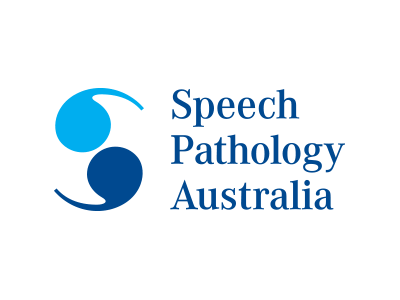
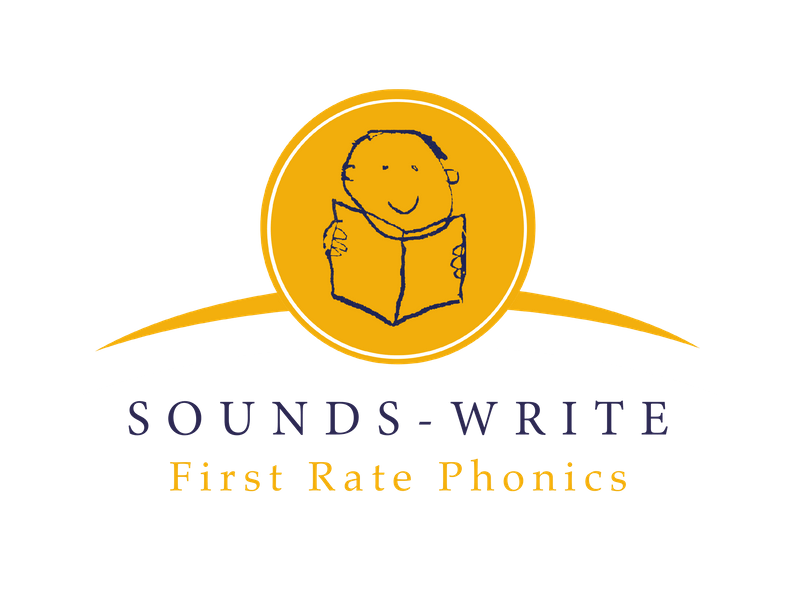



Meet Our Team
Nurturing Your Potential
Get to know our friendly and professional team of Speech Pathologists.
Book an appointment
Contact the Care Speech Team Today. Call 1300 086 280 or Leave Your Details Below.
We're super responsive
Subscribe
Subscribe to our emails for the latest articles and service information


